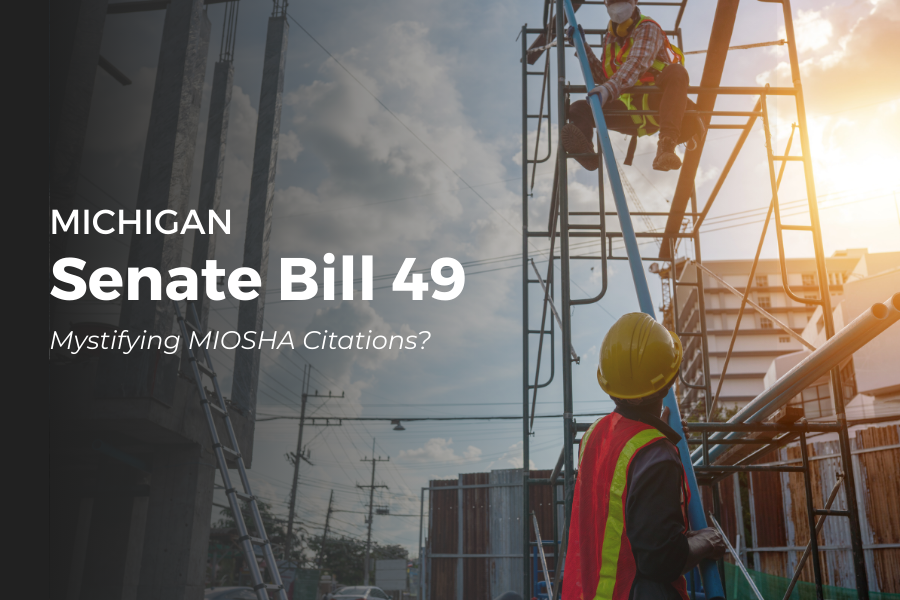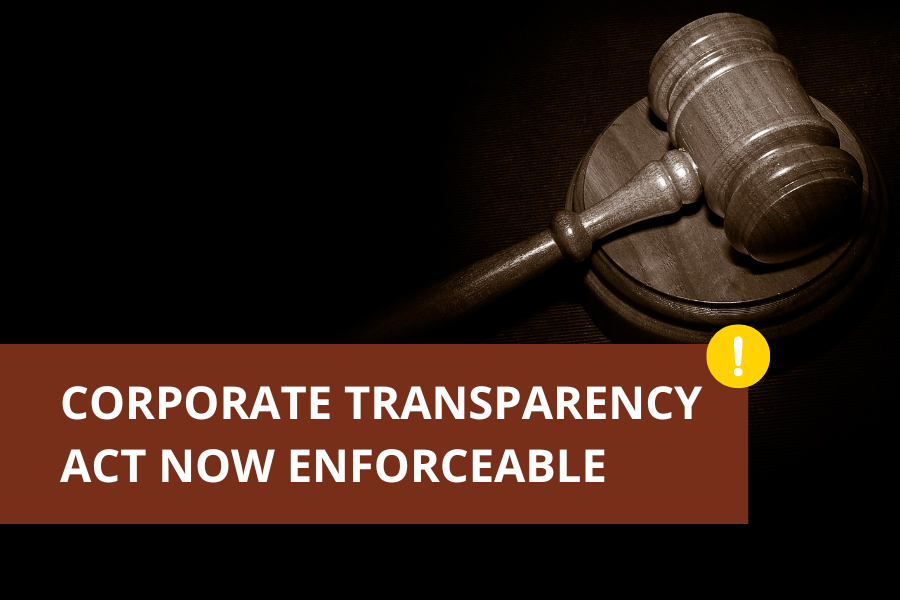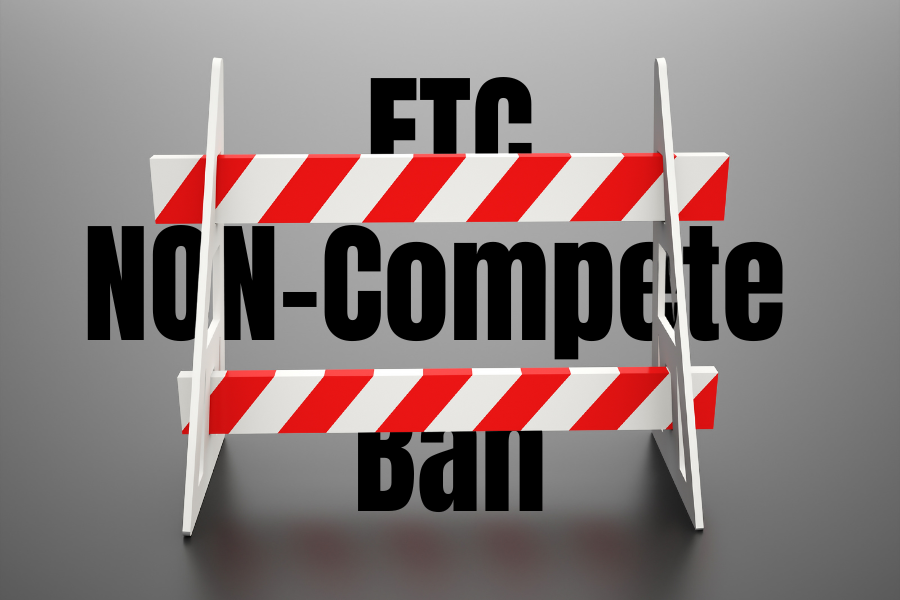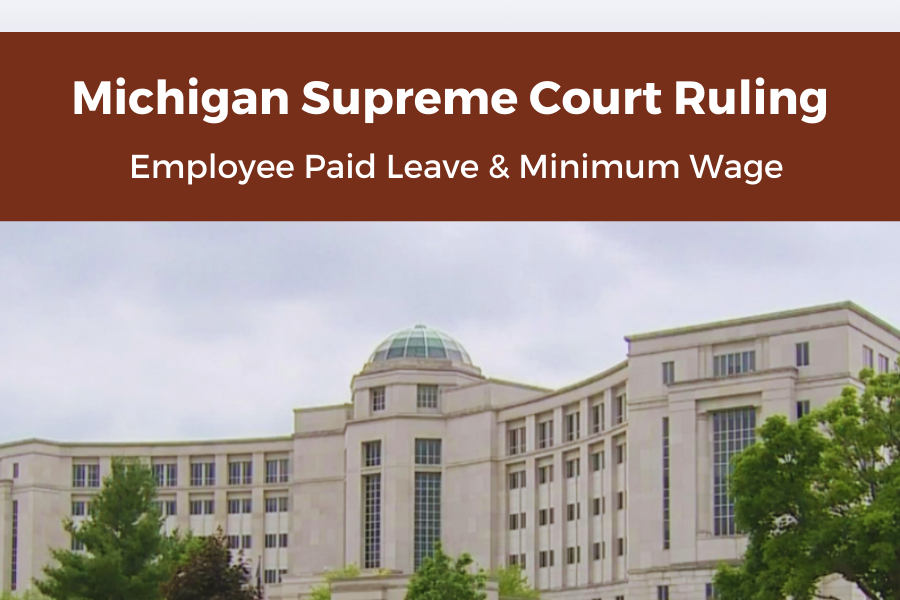By Stephen A. Hilger, Esq.
This is part 2 of a 15 part series on the changes to the AIA A201 General Conditions. This part deals with section 1.2.1.1.
Section 1.2.1.1 is new and reads as follows:
§ 1.2.1.1 The invalidity of any provision of the Contract Document shall not invalidate the Contract or its remaining provisions. If it is determined that any provision of the Contract Documents violates any law, or is otherwise invalid or unenforceable, then that provision shall be revised to the extent necessary to make that provision legal and enforceable. In such case the Contract Documents shall be construed to the fullest extent permitted by law, to give effect to the parties’ intentions and purposes in executing the Contract.
This change adds a provision which many contracts already include. This language was added because a contract containing an invalid provision runs the risk of rendering the entire contract invalid. With this addition, if there were a legal validity issue with a particular contract section, that issue would not invalidate the entire document.
As a caution, this language may go a bit too far. The language suggests that the offending provision “shall be revised to the extent necessary to make that provision legal and enforceable.” However, courts generally do not have the power to re-write contracts for the parties.
In addition, the language provides that the contract “…shall be construed, to the fullest extent permitted by law, to give effect to the parties’ intentions and purposes…” If the fundamental basis of the provision subject to the scrutiny of a court or arbitrator was a critical, material part of the deal between the parties, those same parties may now be bound to a revised contract which they would not otherwise have entered into in the first place. These revisions leave no escape hatch for this scenario.
Nevertheless, overall, this is a welcome change to the documents.
Attorney Stephen Hilger is engaged in complex commercial litigation with an emphasis on construction law, has tried many cases in multiple state courts, and has appeared in several state courts of appeal, the Michigan Supreme Court, United States District Courts, United States District Courts of Appeal, the United States Supreme Court on cert, and multiple arbitration tribunals across the country.
If you enjoyed this article, you might also like “How Many Arbitrators Should You Request?”










